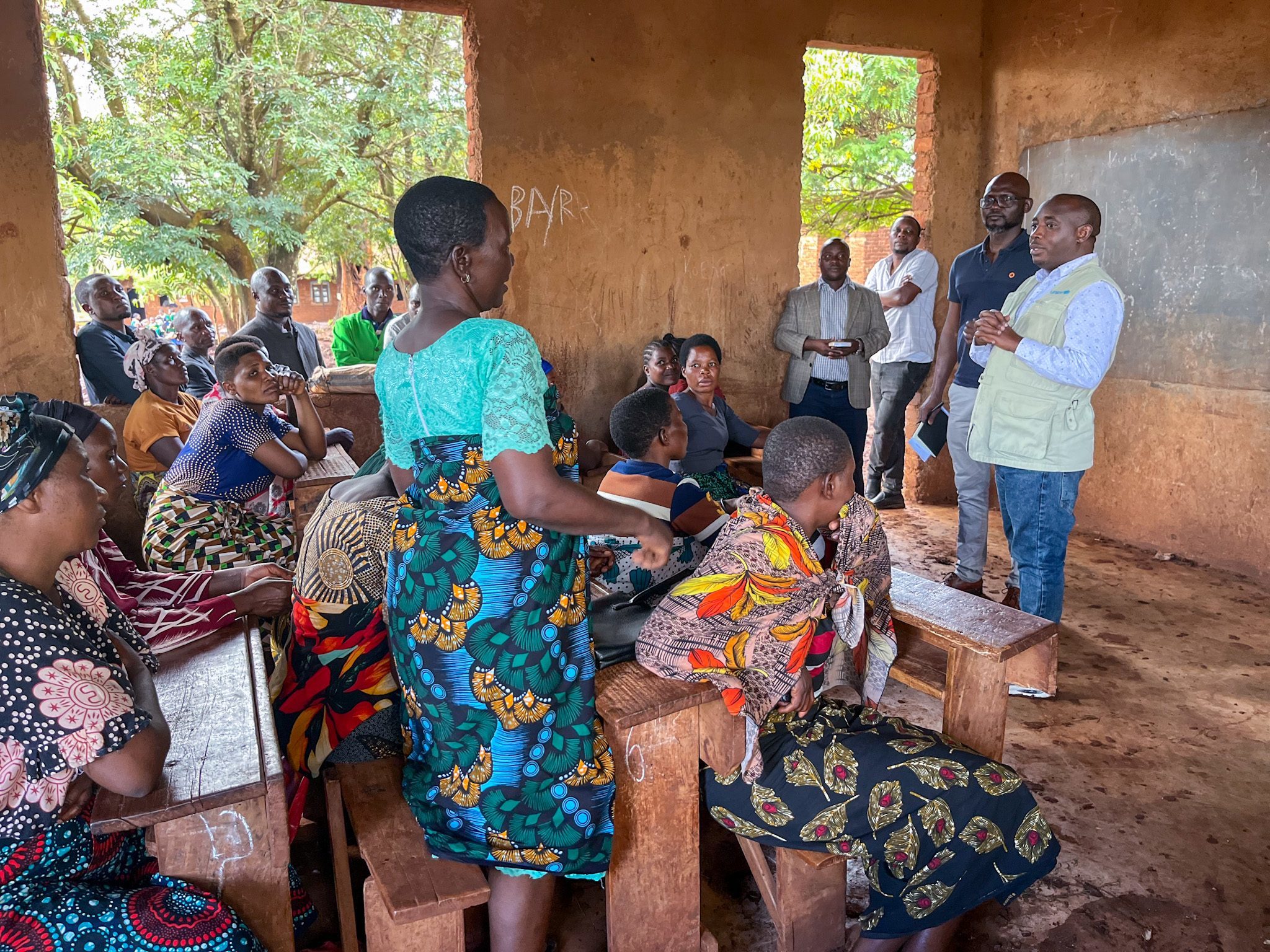Context and Issue
Despite encouraging progress in expanding access to educational opportunities and improving the education system's quality, relevance, equity, and efficiency, over 2.4 million primary school-age children remain out of school in Ethiopia, the highest number in sub-Saharan Africa. Ethiopia's education sector is a shared responsibility among the three levels of government: federal, regional, and district, with fiscal responsibility, policy implementation, and operational execution being the responsibility of the regions and districts. Parents and communities are also key stakeholders through their leadership of the Parent-Teacher Associations (PTAs).
Solution
The Bale Out of School Children Initiative strives to provide education for out-of-school children (OOSC) and create conditions to significantly reduce the dropout rate in the Bale Zone of Ethiopia's Oromiya region. Specifically, the project aimed to increase the primary school net enrollment rate in the Dello Mena and Meda Welabu districts from 52% to 87% by December 31, 2016. The objectives included reducing the number of OOSCs, reducing the overall grade 1-8 dropout rate, improving the net enrollment gender parity index, and reducing the rate of late entries to primary school.
The execution of this project aimed to enable breakthroughs in the barriers currently preventing school-age children in targeted districts in the Bale Zone from accessing their right to primary education. Through this project, Imagine1day built community awareness and mobilization, inspired attitudinal changes toward education, built capacity and coordination of district and zonal education offices through active Project Advisory Councils, increased access through school construction and furniture provision, built the capacity of PTAs on school management, and improved the quality of education through professional development of teachers and provision of supplies and other materials.
Impact
- The project helped raise the Net Enrollment Rate (NER) for primary-level education in the Bale region from a baseline of 52% to 92% as of December 2016.
- The retention rate for the enrolled OOSC now stands at 92% in the target areas.
- There was an improvement in classroom seating facilities, where the percentage of children with desks increased from 27% to 43%.
- Teacher training on active learning methodologies enhanced the teaching-learning process, and 79% of the observed teachers consistently applied the skills in their classes.
- As a result of early-grade reading skills improvement for teachers, the number of students reading above basic proficiency increased from a baseline of 38% to 65%.












